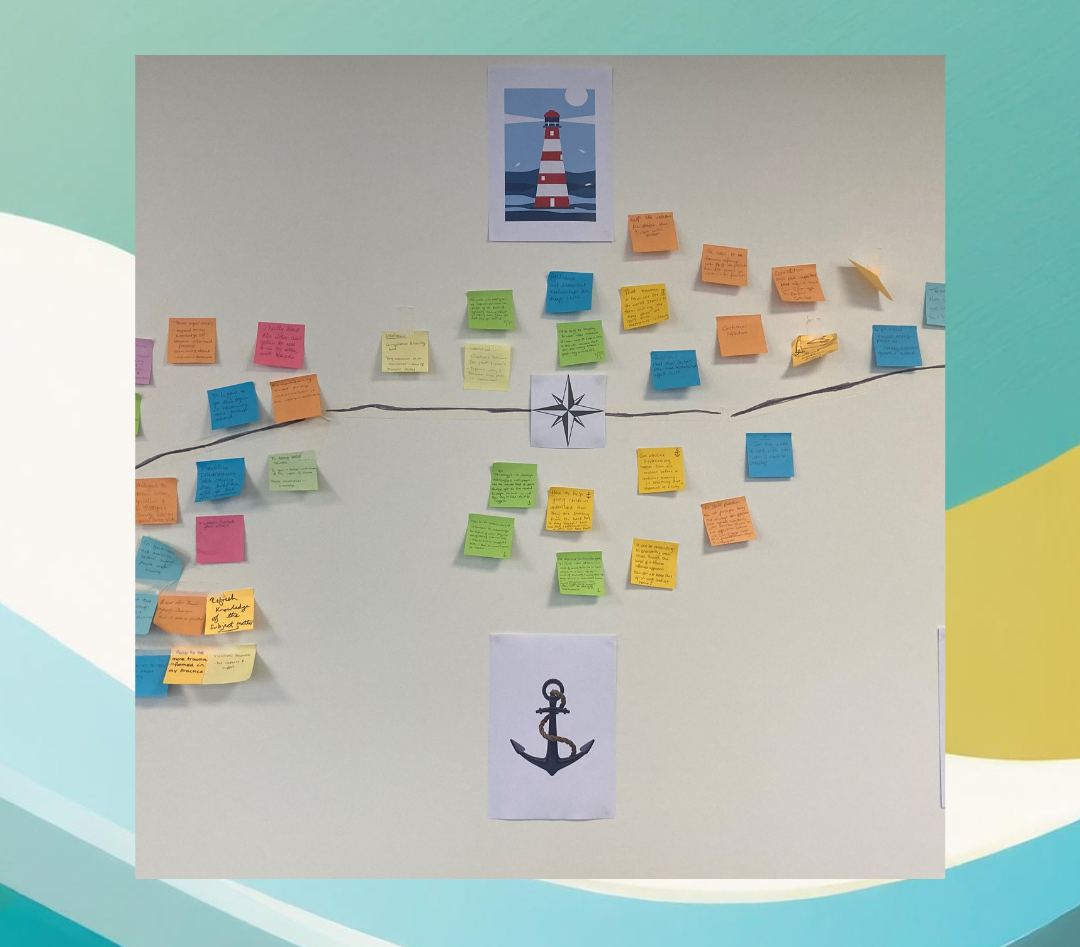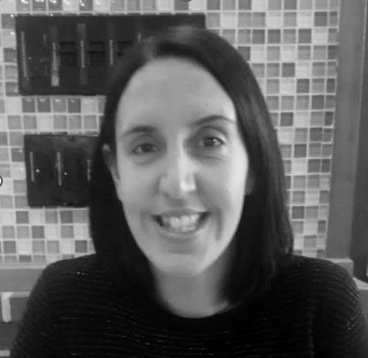
Lilla Vér
Community manager
insightcollective@socialcare.walesI look after our Place-based Care Community. My role is to create and nurture a space for people to learn together, connect and support each other. My previous experiences include developing support pathways in the criminal justice and substance misuse systems and project management.



